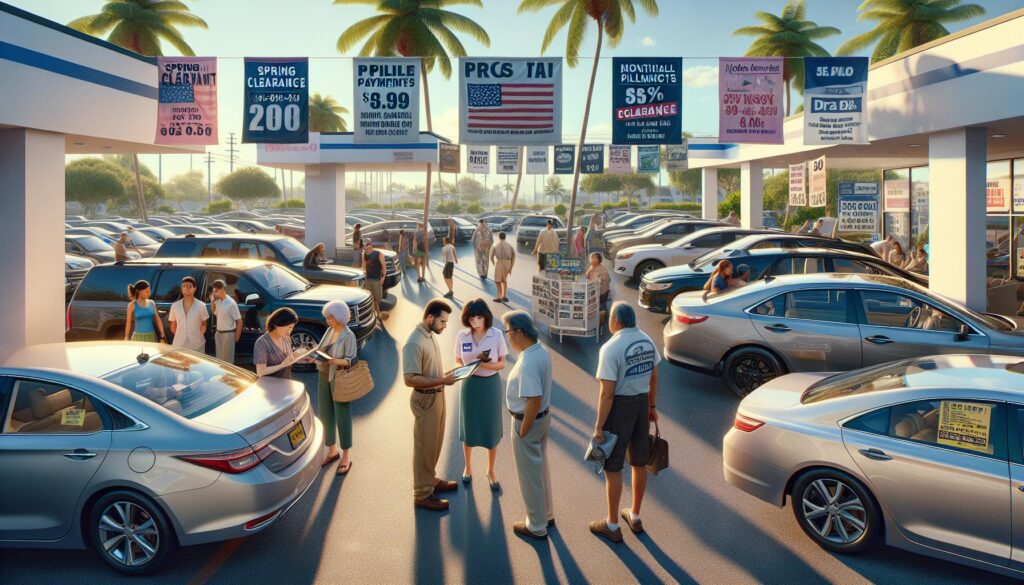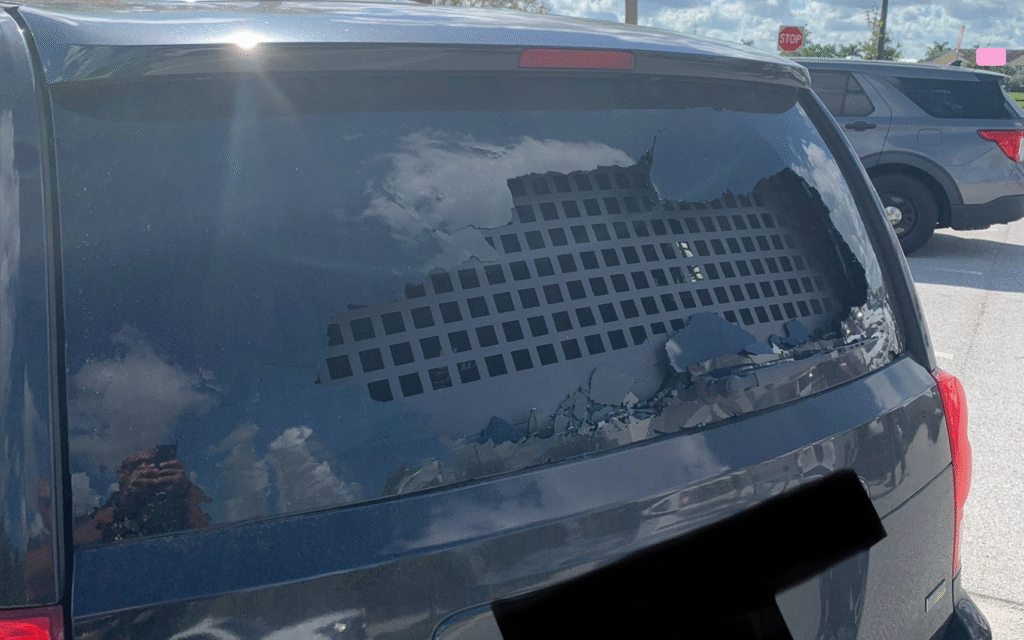The implementation of Treasure Coast auto tariffs could significantly impact vehicle prices across the region. President Donald Trump recently signed an executive order imposing a 25% tariff on all imported vehicles, effective April 2, 2025, as part of ongoing efforts to boost domestic manufacturing, a move that has drawn attention from global leaders and organizations such as the White House.
Impact of Treasure Coast Auto Tariffs on Local Car Buyers
The Treasure Coast, including St. Lucie, Martin, and Indian River counties, relies heavily on automobile transportation due to limited public transit options. This reliance is reflected in higher-than-average car sales relative to population size, making the region particularly vulnerable to price increases resulting from tariff-related vehicle cost hikes.
Car Sales Rankings in Treasure Coast Counties
- St. Lucie County: Ranked 25th in Florida car sales, higher than its population rank of 20th.
- Martin County: Ranked 30th in car sales, slightly above its population rank of 33rd.
- Indian River County: Ranked 35th in car sales, below its population rank of 31st.
Overall, Florida was the third-largest vehicle buyer in the United States in 2023, with approximately 1.4 million vehicles sold statewide, according to automotive data provider F&I Tools and corroborated by national statistics from the Bureau of Labor Statistics.
Economic Consequences of the Auto Tariffs
Economists predict that the 25% auto tariffs will substantially increase vehicle prices for consumers, affecting both imported and domestically-produced cars. Morgan Stanley automotive analyst Adam Jonas estimated that these tariffs could raise average vehicle prices by approximately 11% to 12%, as detailed in the economic impact report on Treasure Coast auto tariffs.
Projected Increase in Monthly Auto Loan Payments
According to Jonas, the average monthly auto loan payment could rise from around $750 to between $830 and $840 per month. This increase represents a significant financial burden for many Treasure Coast residents, who depend on personal vehicles for daily transportation.
Domestic Auto Manufacturers Also Affected
Although the tariffs primarily target imported vehicles, domestic manufacturers may also experience increased costs. Many U.S. automakers rely on imported parts, and tariffs could lead to higher production expenses, ultimately passed on to consumers. These ripple effects are part of the broader Treasure Coast tariff consequences being analyzed by industry experts.
For instance, Ford Motor Co. assembles approximately 80% of its vehicles domestically but imports numerous parts from abroad. Industry experts warn that tariffs could result in multiple charges on the same parts, further inflating production costs.
Concerns from the Automotive Industry
Former Missouri Governor and current American Automotive Policy Council President Matt Blunt emphasized the importance of implementing tariffs carefully. He stated, “It is critical that tariffs are implemented in a way that avoids raising prices for consumers and that preserves the competitiveness of the integrated North American automotive sector, which has been a key success of the President’s USMCA agreement.”
Potential for Reciprocal Tariffs
Another concern is the possibility of reciprocal tariffs from other countries, which could further escalate costs for automakers exporting vehicles from the U.S. This scenario could compound the economic impact on the Treasure Coast automotive market.
Political Reactions and International Response
Canadian officials, including Prime Minister Mark Carney and Ontario Premier Doug Ford, have publicly opposed the tariffs, expressing concerns about their potential economic repercussions. Such international pushback highlights the broader implications of the tariffs beyond U.S. borders.
Frequently Asked Questions About Treasure Coast Auto Tariffs
What are Treasure Coast auto tariffs?
Treasure Coast auto tariffs refer to a 25% tax imposed by the U.S. government on imported vehicles. These tariffs aim to encourage domestic manufacturing but may increase vehicle prices for consumers.
How much could auto tariffs raise car prices in Port St. Lucie?
Economists estimate that auto tariffs could raise car prices by approximately 11% to 12%. This could increase average monthly auto loan payments significantly for residents in Port St. Lucie and surrounding areas, as highlighted in the tariff analysis for Port St. Lucie.
Are domestic vehicles affected by Treasure Coast auto tariffs?
Yes, domestic vehicles may also be affected. Many U.S. car manufacturers import parts from other countries, and tariffs on these parts could lead to higher production costs and increased vehicle prices. This is another layer of the complex effects of the Treasure Coast auto tariffs.
Can reciprocal tariffs impact the Treasure Coast automotive market?
Yes, reciprocal tariffs from other countries could further increase costs for automakers exporting vehicles from the U.S. This could lead to higher prices and economic challenges for the automotive industry on the Treasure Coast, according to the tariff impact report.
Where are the highest car sales on the Treasure Coast?
St. Lucie County has the highest car sales on the Treasure Coast, ranking 25th in Florida. This ranking is higher than its population rank, indicating strong demand for vehicles in the area, which could be significantly affected by the proposed auto tariffs.
Port St Lucie Talks

































